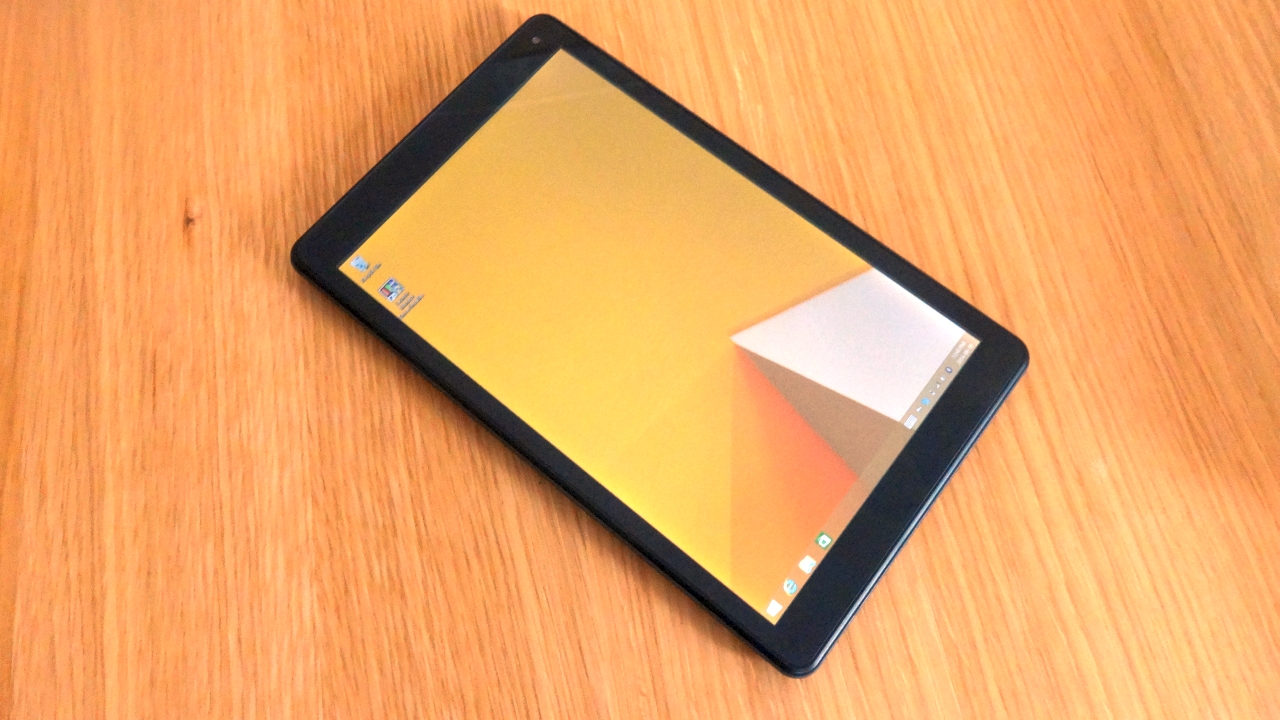What a cheap Windows 8 tablet tell us about the future of Intel and Microsoft
More than meets the eye?

It's not the first time that both Intel and Microsoft have seen their hegemonies jeopardised. The last one was back in the 1990s when Apple tried to single-handedly take them on with a PowerPC-powered, Mac OS-infused platform. The result was disastrous and pushed the Cupertino-based company to the brink of bankruptcy.
A feeling of deja-vu
Fast-foward to this decade and it is abundantly clear that the two compeers are once again facing the same sort of challenge that could permanently damage their business models.
While Apple is still using Intel processors for a lot of its products, I predict that things will change in a near future as it unifies its operating system and the ARM architecture evolves and becomes significantly more powerful.
And at the lower end, the rise of Android – which some would argue is just another Linux distribution - was the catalyst behind the rapid rate improvement of the ARM ecosystem. Cheap tablets and Chromebooks are proving to be alluring to a new generation of always-connected millennials that are not afraid of disrupting the status quo.
Which brings us to our modest Pipo W2 Windows 8 tablet. This is a relatively decent tablet that can be purchased for about £100 online and comes with Windows 8.1 and a year's subscription to Office 365.
Windows 8.1 costs a staggering £83 (about $136, AU$151) at Amazon while the 12-months subscription to Microsoft's office suite comes in at just over £48 (about $78, AU$87) from the same retailer. it costs you significantly less to buy a tablet to get Windows and Office than to buy the three separately.
Microsoft Windows and Office for free?
In other words, Microsoft is giving away its software for very cheap or free (although one can posit that the tablet is free when purchasing the OS and the subscription). Why? To stem the rise of Google with its two-soon-to-become-one OSes, Android and ChromeOS.
Get daily insight, inspiration and deals in your inbox
Sign up for breaking news, reviews, opinion, top tech deals, and more.
Microsoft bean-counters will almost certainly argue that the target market, especially in Asia, would probably have purchased pirated versions of Windows anyway.
By giving the OS and Office for free, there's always a chance of some converting to the full version, at which stage, which would translate into actual, tangible revenue.
It is obvious that Microsoft is going for volume and market share at the expense of margins, something that Google has been doing all the way given that Android, and its associated services, are essentially free.
As for the Pipo W2, it is the first of a generation of affordable Windows tablets to come to the market, in an almost identical similar way to the netbooks back in the days. Other more recognised names – Lenovo, Toshiba, Acer – have already launched similar devices, although not as keenly priced.
Microsoft's secret card
It is good enough for most users and those that want to swap a tablet for a traditional laptop, can do so for cheaper than ever. That's another remarkable evolution in the PC market; the proliferation of sub-£200 laptops with big screens and full size keyboards – but no Office subscription.
Intel has been placing its bets cautiously as there's a small but growing number of Intel-powered tablets running on Android as well. I don't expect Android to help Intel shift the same volumes as Microsoft because of the intense competition in the SoC market.
The pivotal moment might come later this year if/when Microsoft encourages vendors to switch from Android-only tablets to dual-booting Android and Windows in a bid to increase its market share as quickly as possible.
As a conclusion, expect Microsoft and Intel to rekindle their relationship and to fight the combined threat of ARM and Google to the end, even if it means sacrificing margins in the medium term.
Will Windows 9 come to super cheap tablets? Well, we can't tell yet but at least you can read other random Windows 9 rumours here.

Désiré has been musing and writing about technology during a career spanning four decades. He dabbled in website builders and web hosting when DHTML and frames were in vogue and started narrating about the impact of technology on society just before the start of the Y2K hysteria at the turn of the last millennium.